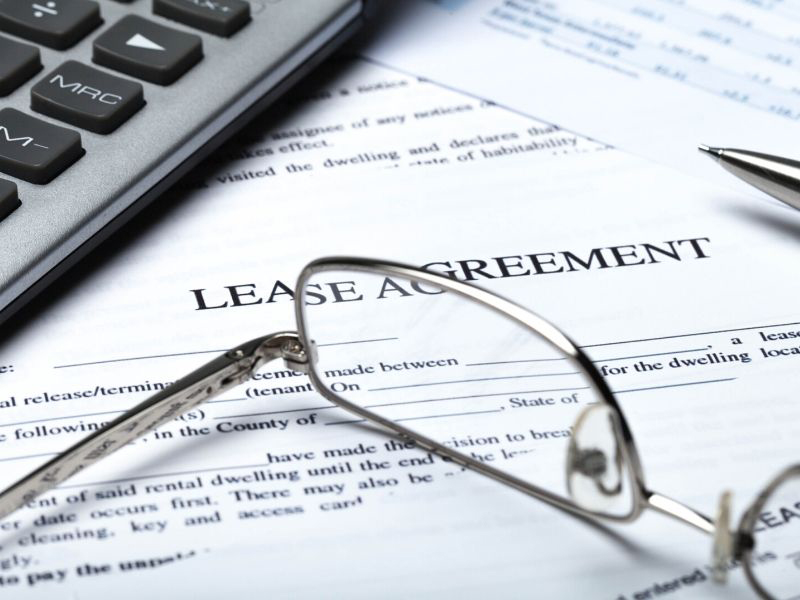I’m in the process of signing a lease for a laundromat. Due to the large investment, I am considering asking the landlord for a 20-year lease, which would give me enough time to pay off the debt and establish a profitable laundry business, with extra years left on that lease. What are your thoughts with regard to the length of a laundry lease?
Clearly, each situation is unique, and I don’t know enough about your particular case to give you a clear-cut answer. However, in my opinion, it’s very often more advantageous to try to obtain a 10-year lease – with two five-year options for those remaining 10 years. Twenty years is a long period, and neighborhoods can change drastically over that amount of time.
Historically strong laundromat areas can “gentrify,” and demographics can shift. Good laundry markets can rather quickly become weaker laundry markets. You want sufficient length on your lease, but you also want enough flexibility to get out if need be.
And, of course, I wouldn’t make any decisions or sign anything without first consulting your business attorney.
I handle some commercial accounts that require special chemicals to be used on their laundry loads, and one of these accounts is a local nursing home. Some of the items they send us contain pathogens. What would you suggest I use on these garments and linens?
You can use your regular detergent, but be sure to also include a commercial grade of iodine, which is specially formulated for just that purpose. You can purchase the type of iodine you need from your local chemical distributor. As always, make certain that you closely follow the instructions for how to use this product.
I own a successful, profitable laundromat. However, the time has come to where I’m thinking about selling the business and retiring. Am I better off selling on my own or selling through a broker?
Personally, I would strongly suggest selling your laundry business through a broker. A good laundry broker knows your marketplace better than you do. He or she also understands how to properly price a laundromat operation like yours. In addition, an established, reputable broker has the ability to qualify any potential buyers’ ability to actually acquire financing. Lastly, and perhaps most importantly, a broker can serve as a “buffer” between you and they eventual buyer, thus helping to prevent any future legal issues.
I’m replacing all of my dryers, and I’m considering installing half 30-pound units, with the other half being larger-capacity models – giving the customers the option of using one or the other. What do you think?
You know your customer base better than I do, and you know what your market will bear. If you think you can charge more money for those larger dryers – and, more importantly, that your customers will pay the higher vend price – then do it. However, if you think your new larger, higher-priced dryers will meet with resistance from your customers, perhaps think twice about this idea.
In my experience, I’ve seen many scenarios where customers are just waiting in line to use the smaller, 30-pound dryers, creating backups and clogging up the traffic flow through the stores on busy weekends. Personally, my advice is to stick with one size dryer, unless you can successfully charge more for the larger units.












